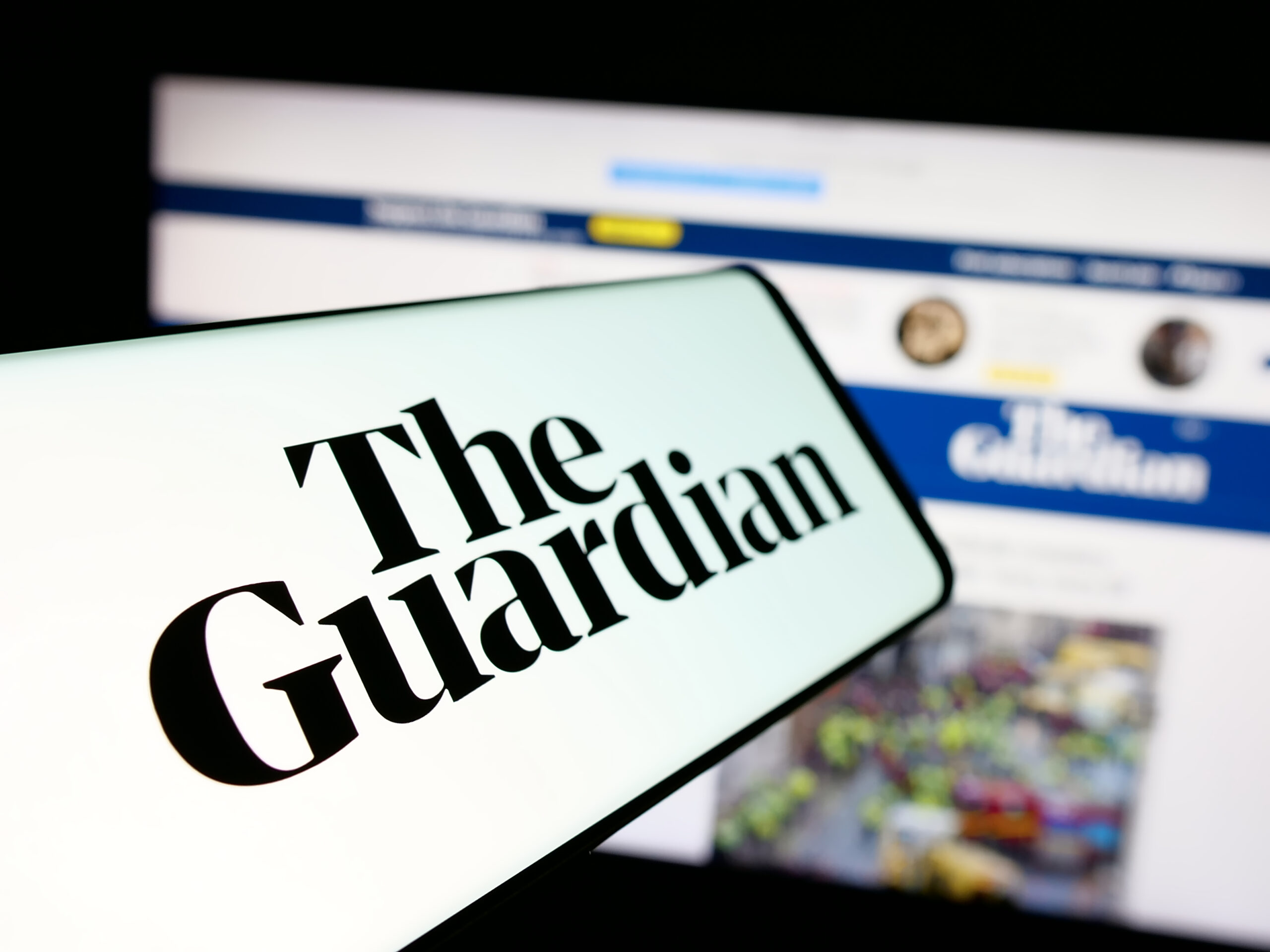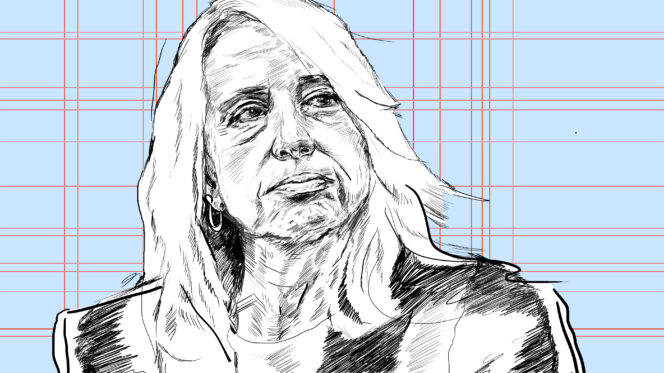Why Did the Guardian Run an Unverified Antisemitism Story?
Allegations presented as fact.
by Rivkah Brown
11 August 2025

Two weeks ago, the Guardian, along with several UK, US and Italian media outlets, reported that a French Jewish man and his six-year-old son had been attacked by a mob at an Italian service station after a cashier saw that the pair were wearing kippahs (religious skullcaps). On the face of it, the report by the paper’s international correspondent Lorenzo Tondo seemed shocking. Two people had been told to “Go back to your country, murderers”, with the man then pushed to the ground and kicked, all because he was Jewish. Unsurprisingly, it blew up.
According to sources at the Guardian, the article was the most-read on the Guardian US that day, and data seen by Novara Media shows that it has received over half a million page views. Except that wasn’t the whole story – and even when presented with the facts, the Guardian barely changed it.
The Italians said it was the French man, named only as Elie, who had instigated the altercation. Their lawyer Federico Battistini told Italian media that Elie had called his clients “Palestinian sons of bitches” and “terrorists”. Battistini said that Elie had allegedly headbutted one man and punched another in the face – both ended up in A&E. The lawyer noted that his clients had been speaking Arabic and were wearing Palestine necklaces when Elie approached them. But by the time Battistini had published his clients’ account, it was too late – the UK media had already run with Elie’s.
Even without Battistini’s statement, Elie’s video of the incident should have raised questions in a journalist’s mind. Firstly, it starts in what is clearly the middle of an altercation – what happened before Elie hit record? The video also shows Elie hurling insults of his own, telling fellow patrons to “Go fuck yourself” and to “Come outside, I’m going to beat you up”, as well as the pro-Israeli slogan “Am Yisrael Chai” (long live Israel). Did Elie make good on his threat of violence? What’s more, Elie’s account of the incident to media outlets – in which he called his assailants “wild animals” – should also have rung alarm bells. What were Elie’s own racial prejudices? British journalists appeared to ask none of these questions – though some were at least honest about it.
The two other mainstream UK outlets that picked up Elie’s story – both far to the Guardian’s right – acknowledged its partial nature in their headlines. The Guardian headline presented it as gospel.
“Fury as terrified Jewish father and his six-year-old son are ‘attacked and called murderers’ by enraged pro-Palestine crowd after stopping at Italian motorway service station”, read the Daily Mail headline, its quote marks indicating that Elie’s claim couldn’t be verified. Even the hardline pro-Israel Jewish Chronicle – whose poor track record of fact-checking reached a nadir in September with the revelation that it had published a string of fake articles by a fake journalist – made it clear with its headline that the evidence for the attack was inconclusive. “Jewish man and six-year-old son allegedly attacked in Milan by ‘wild animal’ Palestine supporters,” it read.
The Guardian used no quote marks in its headline, instead presenting Elie’s allegations as fact: “Jewish father attacked by mob at Italian service station”. Only in the article’s subheading did the newspaper acknowledge that the story was based on the account of one person: “Man said chants began when a cashier shouted ‘Free Palestine’ after noticing he and his son were wearing kippahs.”
I imagine that few, if any, of the hundreds of thousands of people who read the Guardian’s story will be following Italian media for updates on the story, such as that this week, Italian police announced they had added the French tourist to their investigation of the incident, and that eight people have filed a complaint to the Milan public prosecutor’s office alleging assault and racial abuse. Guardian readers will therefore be blissfully ignorant of the story’s heavily contested nature.
In response to my complaint to the Guardian’s readers’ editor – unlike the majority of the UK media, the paper isn’t overseen by any external regulator, which it believes lacks independence, but instead employs an in-house editor to respond to readers’ complaints – the paper changed its headline. It now reads: “Police investigate attack against Jewish father by mob at Italian service station”, emulating that of the Associated Press. The problem is, by the time the Guardian edited its piece – 10 days after my complaint, 11 days after publication – the French man was already under police investigation himself, a fact noted only in a correction at the very bottom of the article. Tondo’s report itself still centres the legally disputed attack on the man, not even mentioning his own alleged racist instigation of it.
This trend – of reporting what Israel and its supporters say as fact and only belatedly correcting the record, by which point nobody cares (though more often not at all) – is not exclusive to the British press. Last week, leftwing Italian media outlet L’Indipendente published an editorial condemning the Italian media’s “deliri” (delusion, frenzy) over the service station story. Such moral panics are easily ignited over antisemitism – particularly during the ongoing genocide, when Israel and its supporters have repeatedly attempted to weaponise anti-Jewish prejudice to justify Israel’s actions in Gaza and to divert the world’s eyes from them. Never has it been more important for outlets to be scrupulous in their verification of stories that could be used as propaganda tools – and yet never have they been more reckless.
Yet the UK media’s failure on this story is arguably more significant than the Italian media’s. The UK and the US are home to big Jewish populations, which Italy isn’t. Irresponsible reporting by outlets read here has the potential to terrify large numbers of Jews, many of them already convinced of historic levels of antisemitism despite questionable data.
The Guardian’s failure also looms larger than its rightwing competitors’ – not only because its presentation of the facts was even more skewed, but because it bills itself as a trustworthy beacon in a sea of fake news. Biased reporting and unchecked facts are the modus operandi of the Daily Mail and the Jewish Chronicle – most reasonable people would take their stories with a heavy pinch of salt. “It is asking a lot of individuals to sift the real from the fake when they are bombarded by information – how do they know who to trust?” asked Guardian editor-in-chief Katharine Viner in a manifesto for the paper’s journalism in 2017. She told them to trust the Guardian – and they do. According to a 2023 YouGov poll, the Guardian is the fifth most-trusted outlet in the UK; the Mail is 20th, the JC doesn’t rank. In this case, they trusted the Guardian to tell them a story that in truth was based on unverified, partial information.
In updating the article, the Guardian placed the alleged attack on Elie among “a sharp rise in antisemitic incidents across Europe”. This “sharp rise” has been calculated almost entirely by pro-Israel groups that count anti-Zionism as antisemitism. Of course, serious antisemitic incidents – including the shooting of 11 people in a Pittsburgh synagogue – have occurred in Europe and the US in the last decade. Some may have been motivated by racist attempts to hold Jews with no stated allegiance to Israel accountable for its actions. To a reader presented with all of the evidence in a timely and balanced way, it would appear doubtful that the service station incident was one of them: Elie made clear he supports Israel, and may even have started the fight by hurling anti-Palestinian abuse. But that isn’t what the Guardian gave them.
The Guardian declined to comment on this story.
Additional reporting by Meriem Mahdi.
Rivkah Brown is a Novara Media commissioning editor and reporter.


